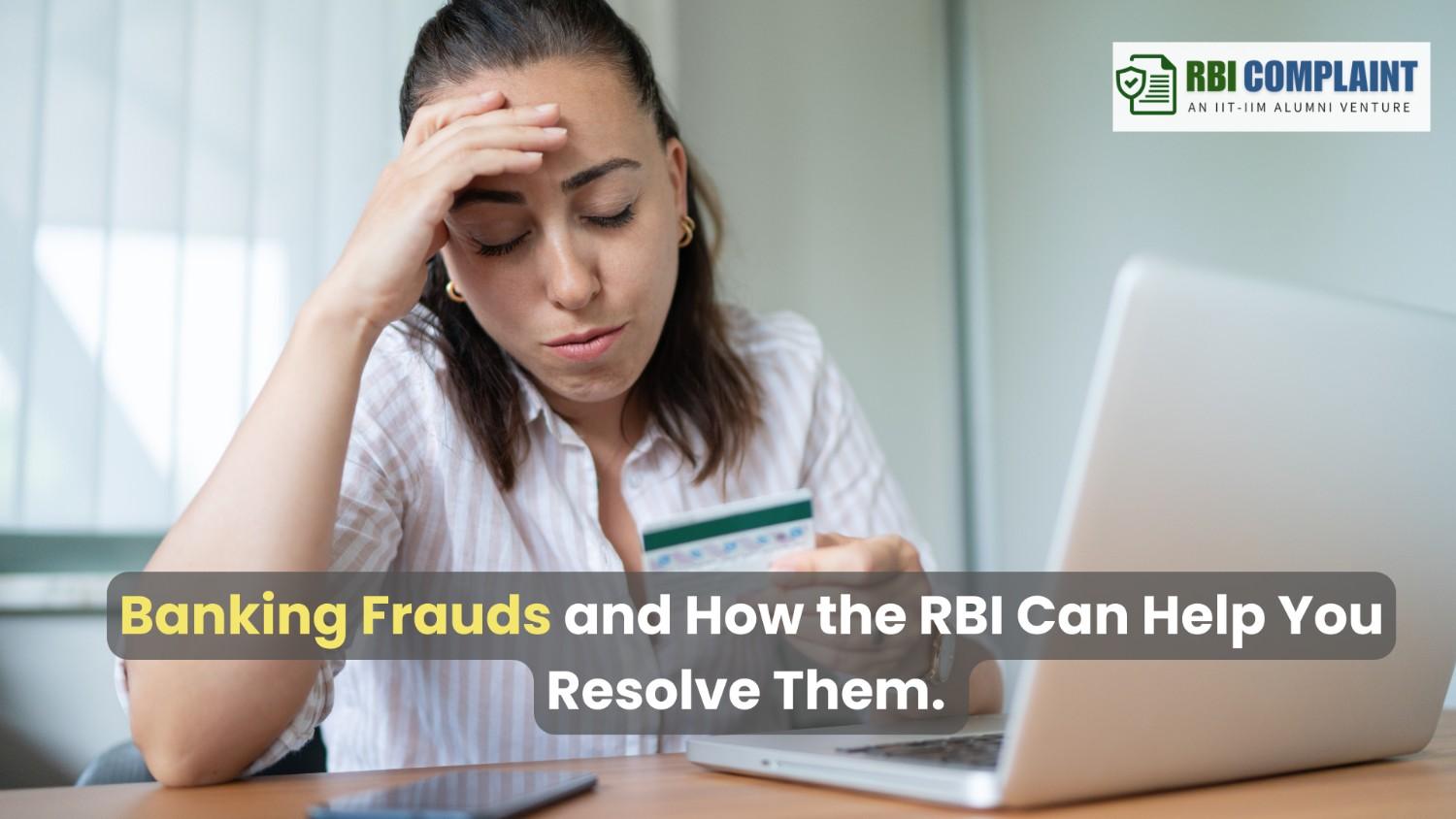
Featured post
Banking Frauds and How the RBI Can Help You Resolve Them
Learn how the RBI can help resolve banking frauds, protect your money, and take action against fraudulent transactions with their complaint process.

Featured post
Learn how the RBI can help resolve banking frauds, protect your money, and take action against fraudulent transactions with their complaint process.
Explore RBI’s Complaint Management System (CMS) and learn how it functions. Understand how to file complaints and track resolutions effectively.
 - How It Works..Dl13hZu7.jpeg)
Discover how the RBI safeguards consumers beyond just handling complaints. Learn about regulations, consumer education, and protective measures.
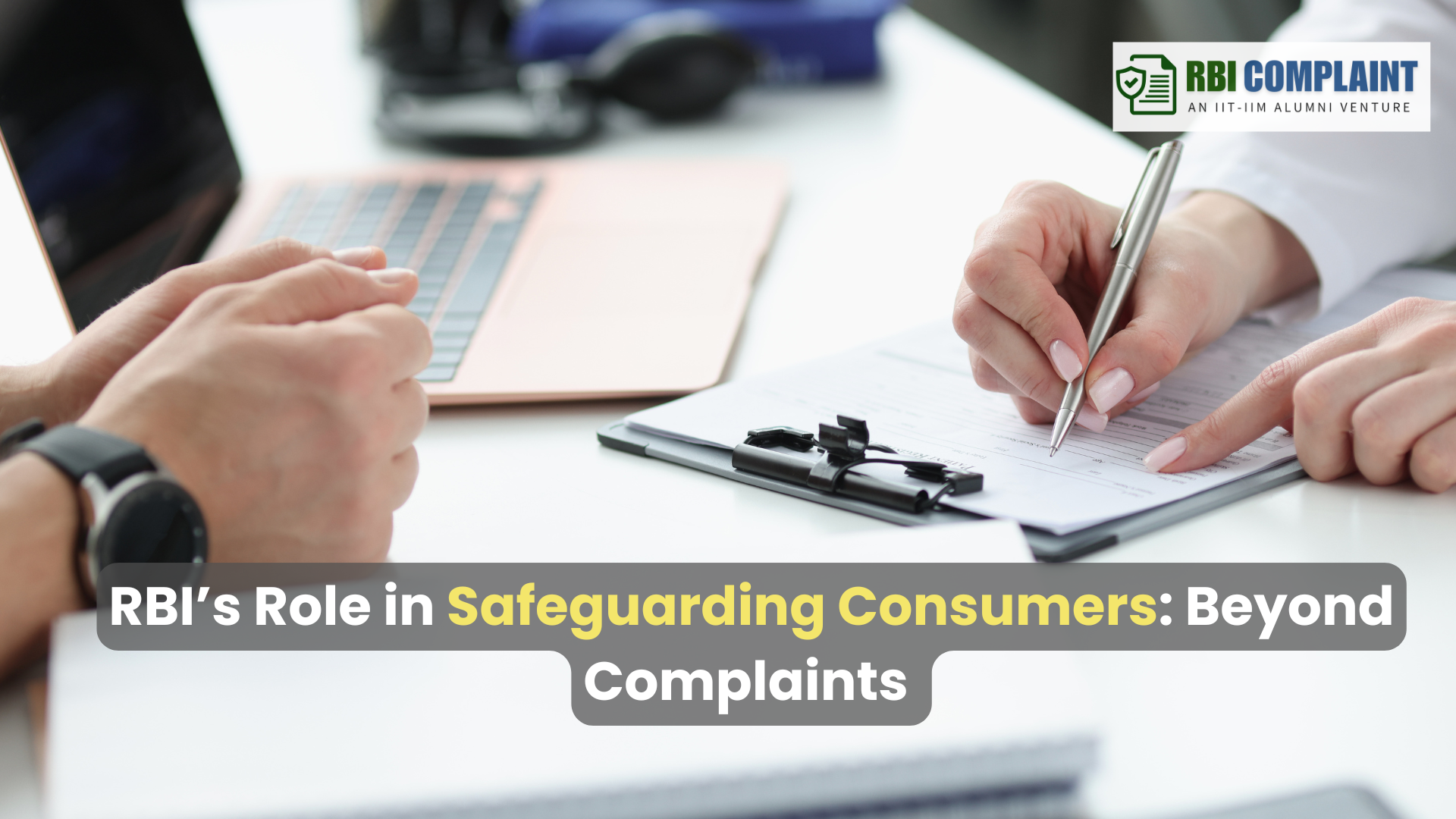
Learn how to track the status of your RBI complaint online. Stay updated on the progress of your banking issue and resolve disputes faster.
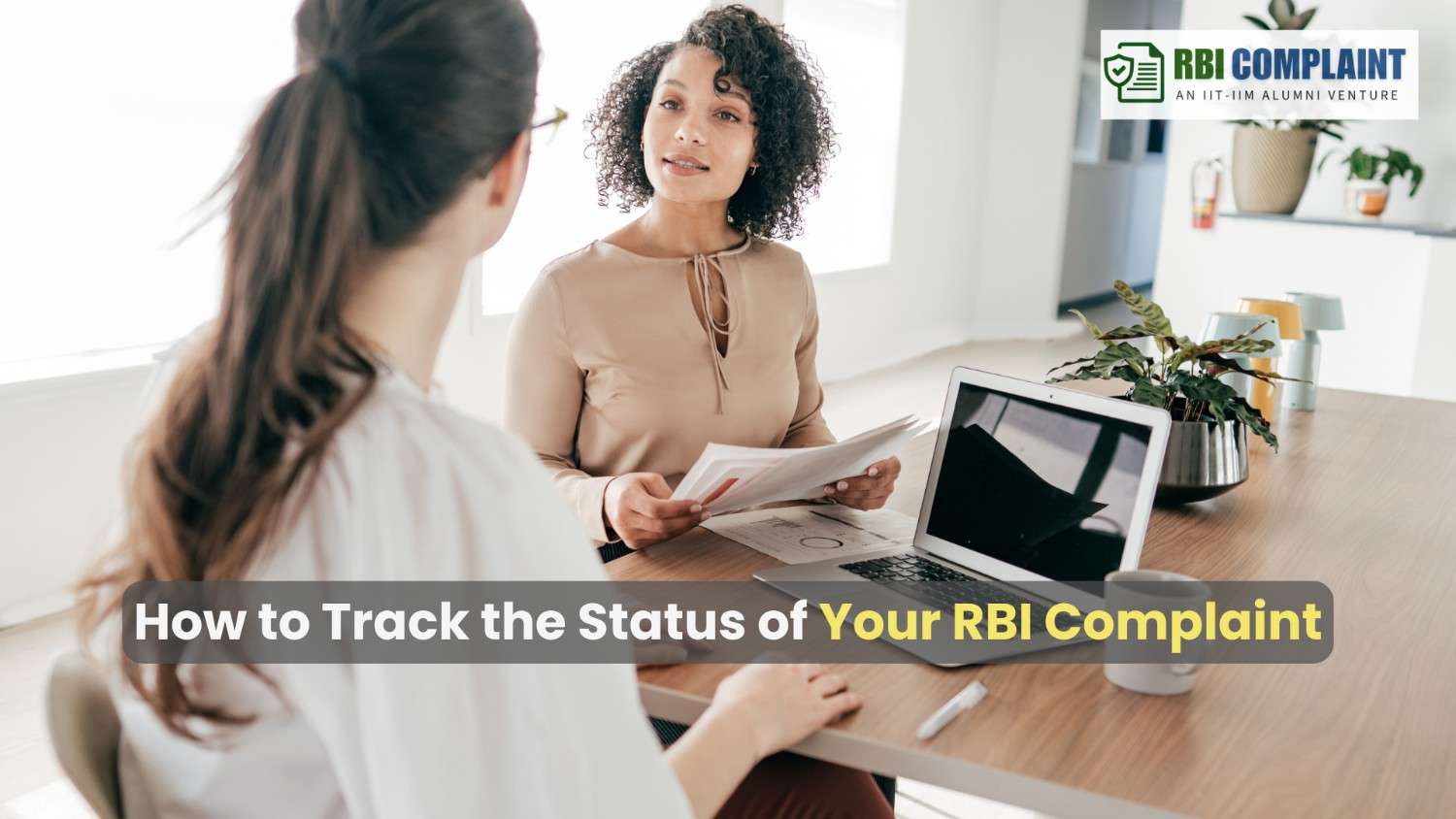
Yes, the Banking Ombudsman has the authority to reject a complaint under certain circumstances. While the Ombudsman’s primary role is to resolve complaints and facilitate a fair resolution between the complainant and the bank or NBFC, there are situations where a complaint may be rejected. Some of the reasons for rejection include:
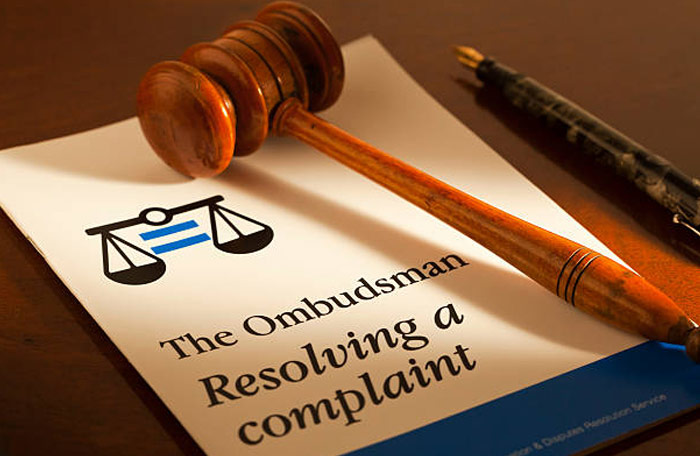
Banks and Non-Banking Financial Companies (NBFCs) are vital pillars of our financial system, serving as essential intermediaries for various financial services. While these institutions strive to maintain ethical practices, there might be instances where consumers face issues that cannot be resolved through regular channels. In such cases, the question arises: Can we take legal action against a bank or NBFC? Let’s explore the circumstances under which legal action is possible and the steps to follow in seeking justice.
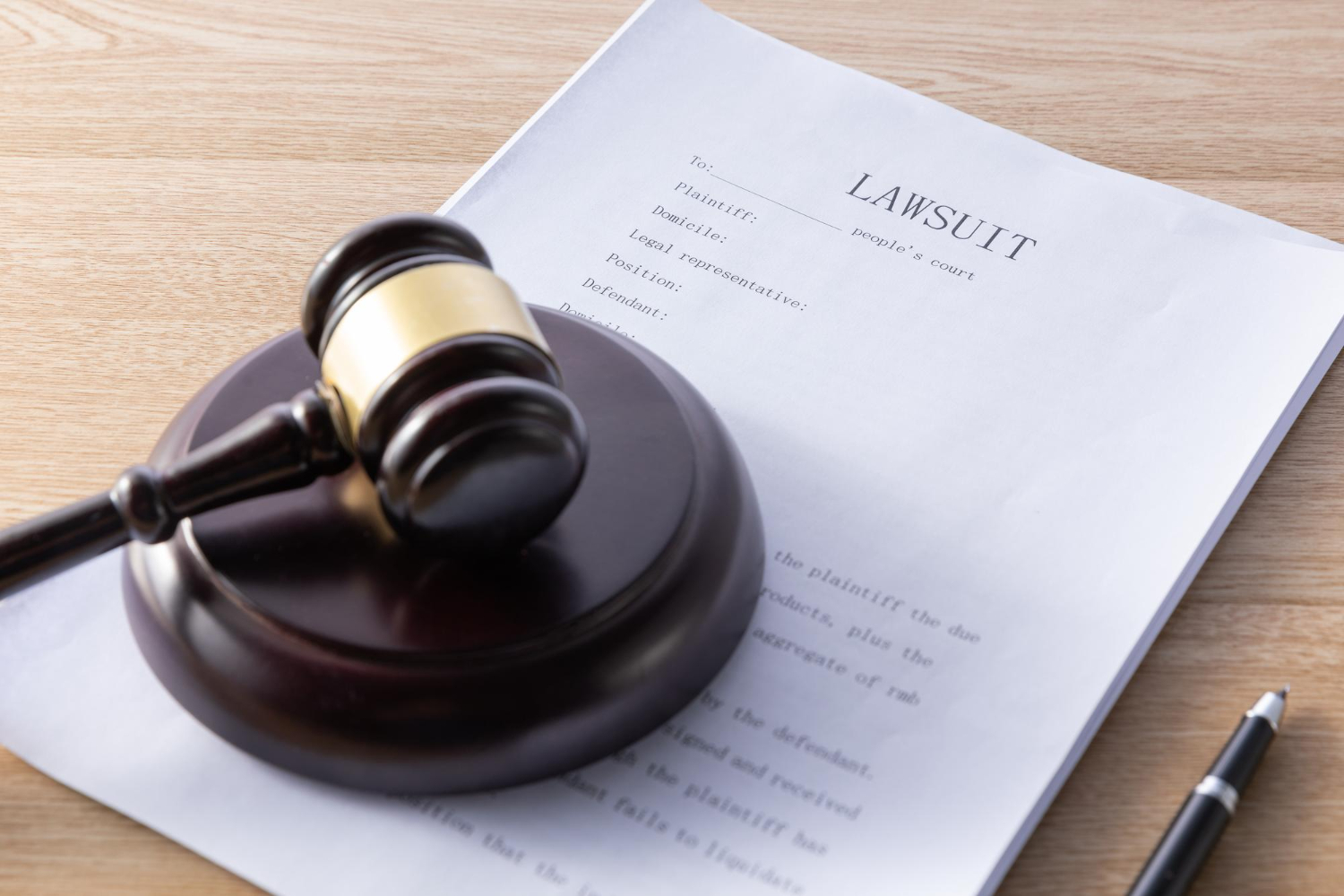
Banks and Non-Banking Financial Companies (NBFCs) play a crucial role in our financial lives, providing us with various services like loans and credit facilities. While most of these institutions maintain ethical practices, some unfortunate individuals might experience recovery harassment during debt collection. Unfair tactics, incessant calls, and aggressive behavior can turn an already stressful situation into a nightmare. If you find yourself facing such an issue, it’s essential to know your rights and how to complain effectively against a bank or NBFC for recovery harassment.
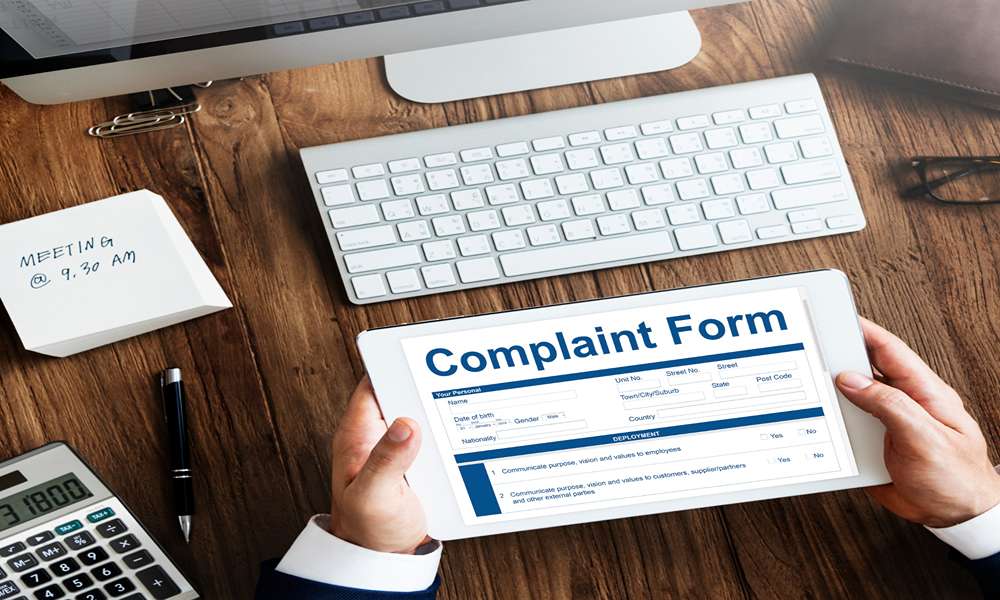

Learn how the Reserve Bank of India (RBI) addresses complaints about fraudulent transactions. Discover the complaint process, customer rights, refund rules, and more in this complete guide.

Wondering what happens after you file an RBI complaint? Learn the step-by-step process, resolution timelines, escalation options, and possible outcomes in this detailed guide.
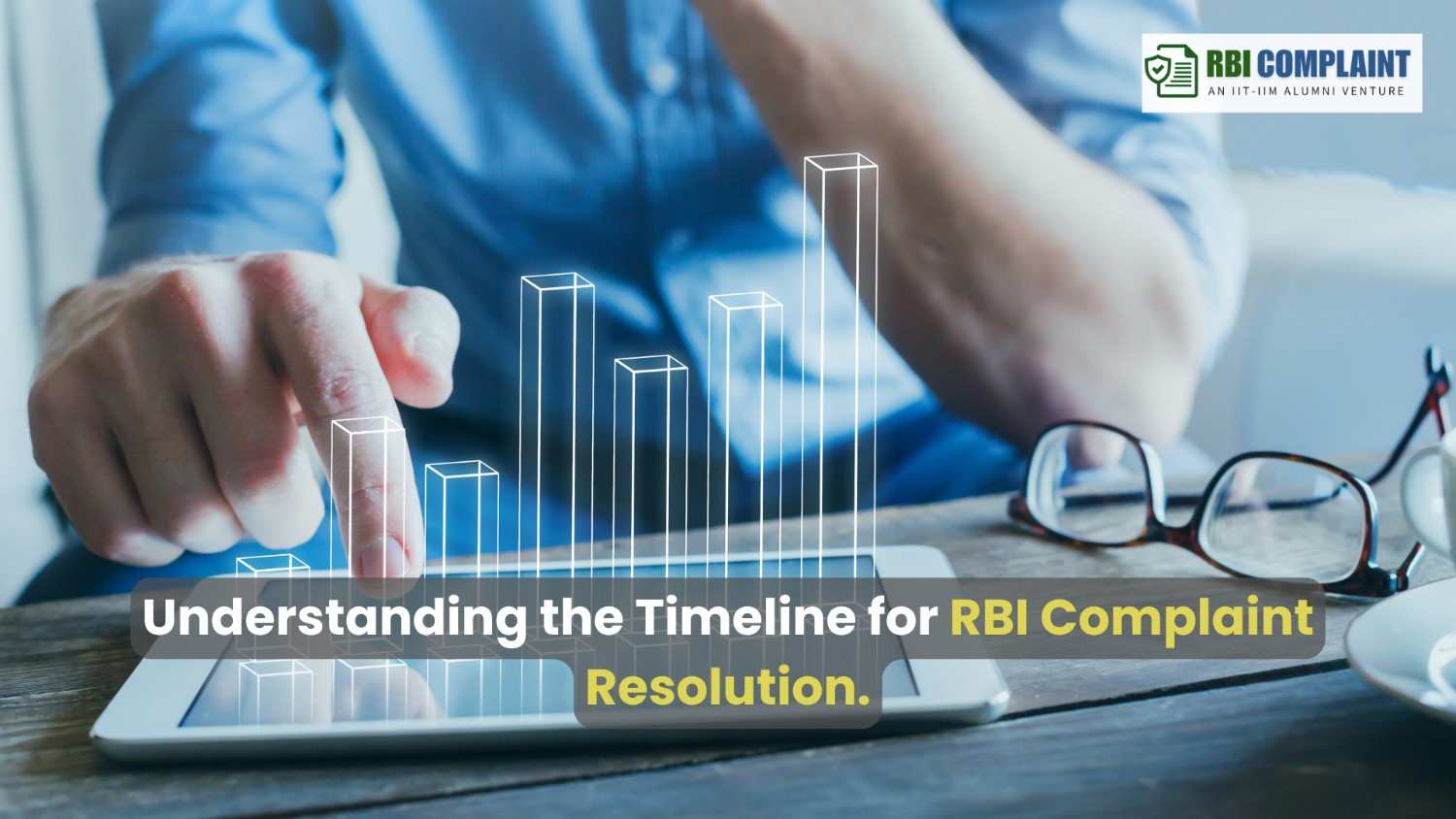
Learn about the RBI complaint resolution timeline, including how long it takes to address banking grievances, the process involved, and what steps you can take for faster resolution.
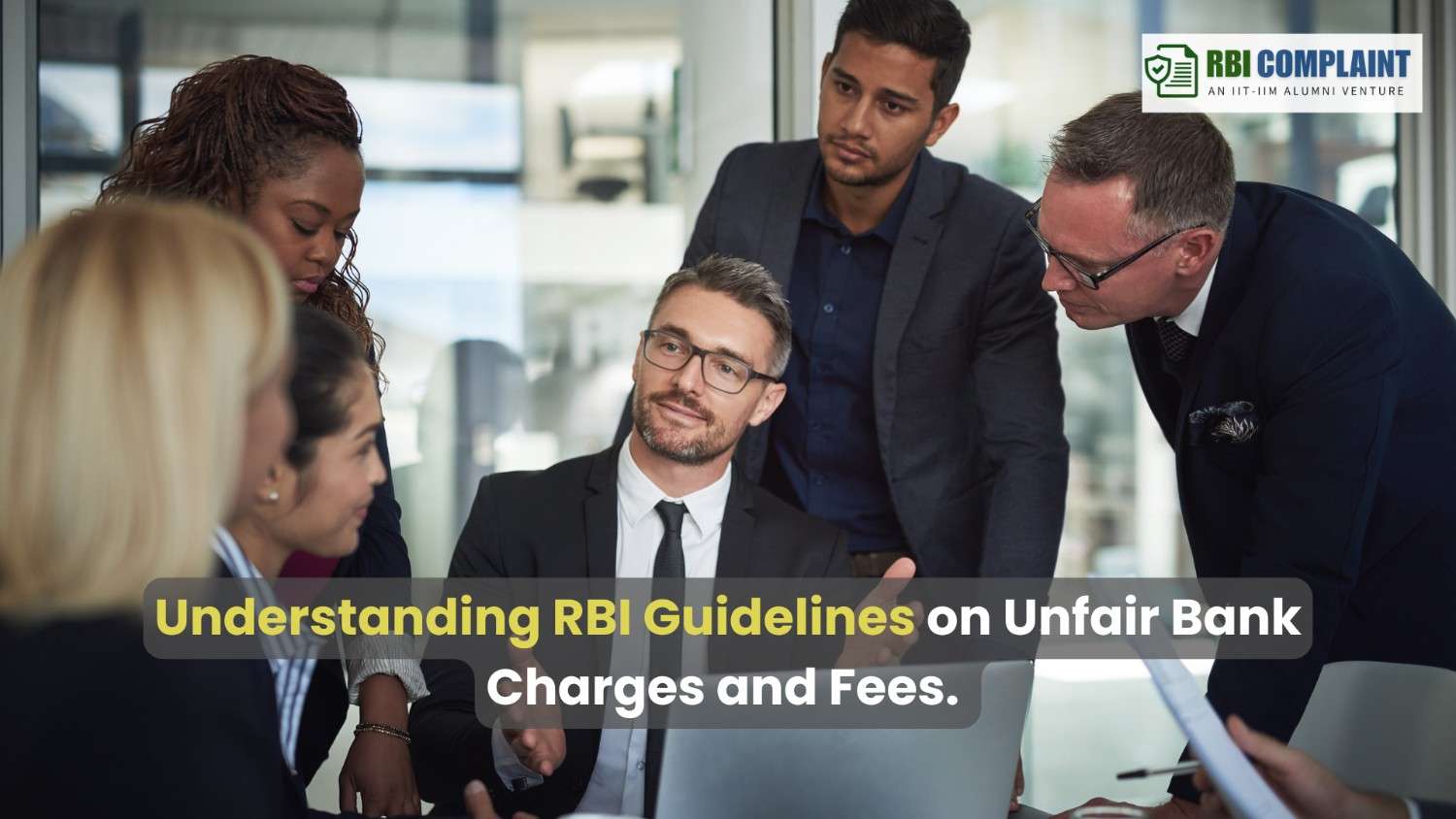
Discover RBI guidelines on unfair bank charges in India, Learn your rights, avoid excessive fees, and ensure banking transparency in 2025
.Buj7sDjc.jpeg)
Learn how to file complaints against Non-Banking Financial Companies (NBFCs) with the Reserve Bank of India. Understand the step-by-step process and protect your financial rights.
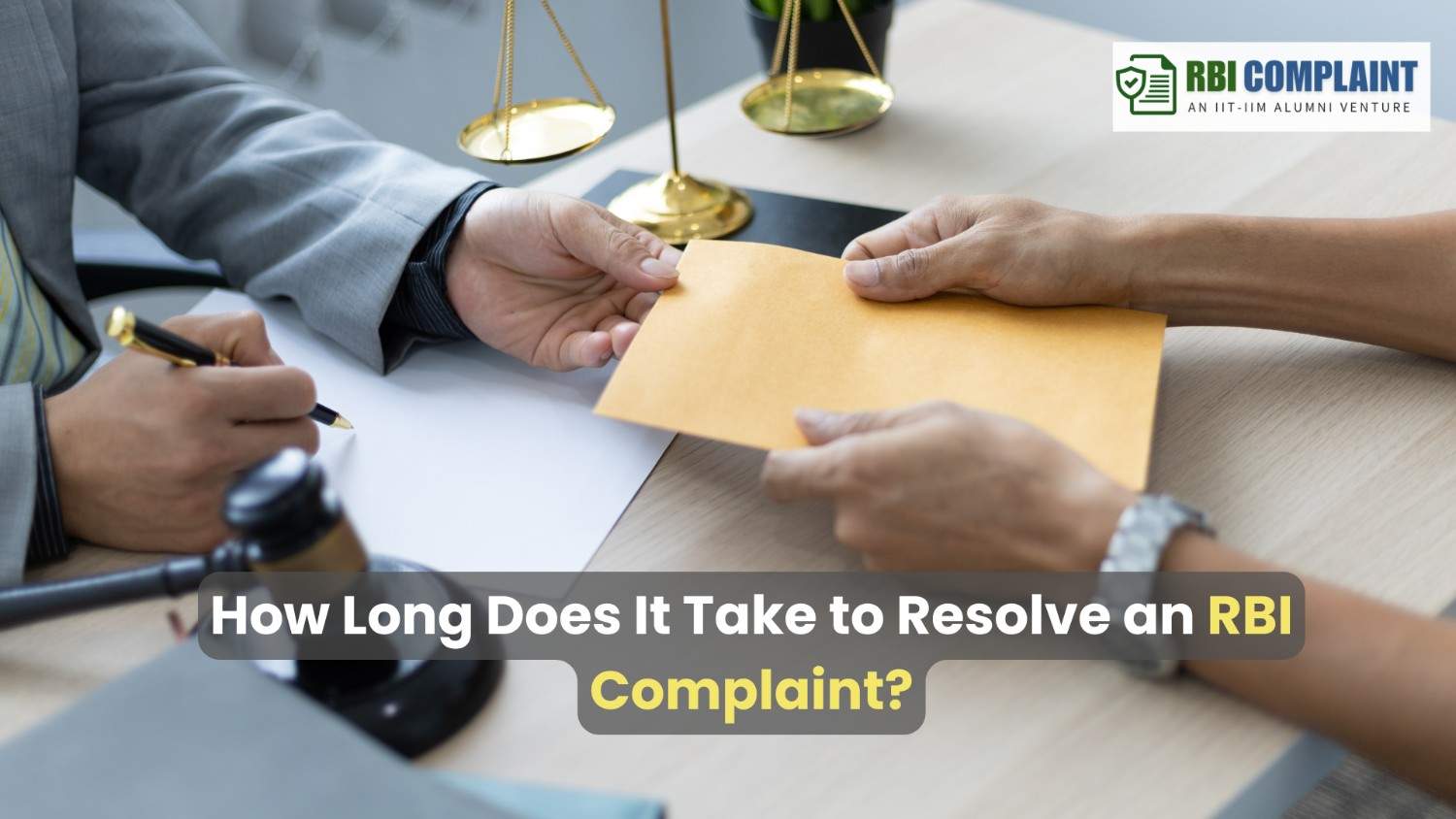
Filing a complaint with the RBI is an effective way to address banking issues, but certain steps must be taken beforehand. Learn how to prepare and resolve issues efficiently.